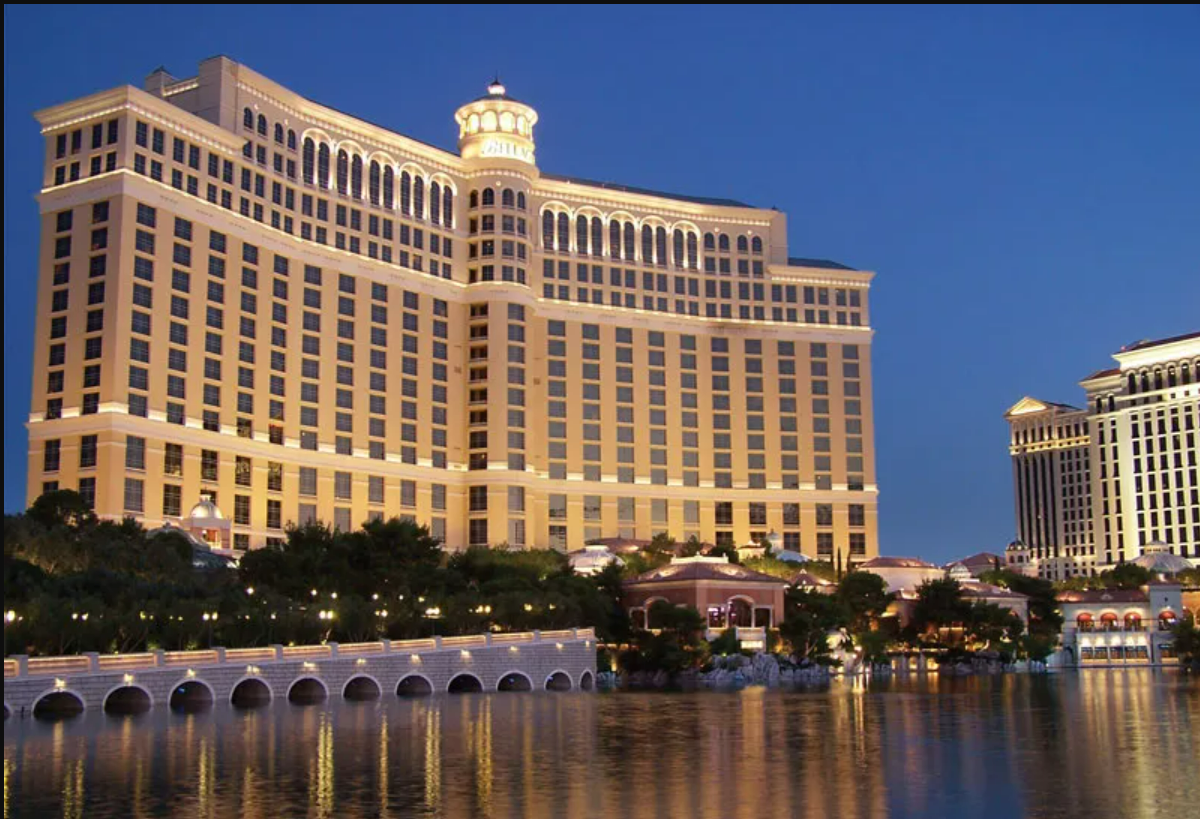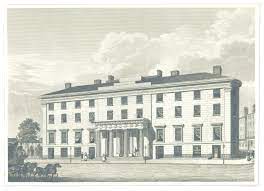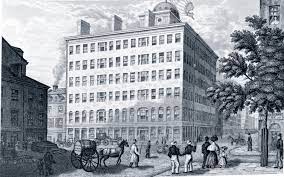
THE EVOLUTION OF THE HOTEL INDUSTRY
Written by Comfort Adebayo, Janefrances Ibezim, Esther Julius, and Blessing Kamanu.
The hotel industry is one of the many industries that has witnessed a lot of transformations in the past decades. Globally, there has been tremendous growth in the hotel industry and this has helped in promoting tourism to a large extent.
Before we go further, what is a hotel?
A hotel is commonly defined as an establishment providing accommodation, meals, and other services for travellers and tourists. A hotel is a place where one can sleep away from their home. This could be for a holiday, business purposes, or convenience when travelling for other reasons such as a hospital appointment in a different area. Hotels are also establishments that provide paid lodging on a short-term basis, which ranges from one night to a few weeks and even months. Hotels take all shapes and sizes and there are varieties of them found throughout the world today.
FROM WAY BACK…
The first hotel in the world named Nishiyama Onsen Keiunkan was established in 705 AD in Japan but before that time, it was recorded that inns were opened by most people in different towns to accommodate and keep guests or travellers but it was mostly businessmen, travellers, and mail carriers that patronized these places as of then, because of the difficulties while travelling and safety too. These were predecessors to the modern hotel we have today.

The different technological, economic, and social development in the world around the 18th, 19th and 20th centuries led to huge changes in the hotel industry. The advent of leisure cruising that started with the formation of Peninsular & Oriental Steam Navigation Company in 1822 led to growth in the hotel industry. The company started as the shipping line between European countries but grew quickly and cruised to other continents as well. Transatlantic liners made the travel industry richer and hotels more sought.

Travelling also became more accessible and appealing as a result of the industrial revolution that brought about regular but structured work, more income and more time off. The increase in the number of people travelling led to increasing in the demand for suitable hotels, and as their social statuses differed, the hotels were also created to suit the different social classes.
EVOLVING WITH TIME…
At the beginning of the 1800s, the Royal Hotel was built in London. Holiday resorts began to flourish along the French and Italian rivieras. In Japan, Ryokan guest houses sprang up. In India, the government-run Dak bungalows provided reliable accommodation for travellers.
Mivart’s Hotel opened in London in 1812 (later becoming Claridges), In 1822, in Venice, a certain Giuseppe Dal Niel transformed an old palace into a hotel and gave it his name, “Le Danieli”.
Tremont House in Boston, USA opened later in 1829 and it was an American architect Isaiah Rogers that designed and constructed this luxurious hotel in Boston, Massachusetts USA.

It was the first hotel with a private attached bathroom and lock on the doors. “Tremont Hotel” had set a benchmark for luxurious hotels in those days. It was the first hotel to have indoor plumbing with toilets and baths, as well as free soap (a tourist favourite) and a proper reception desk area that did more than just take payment.
The Holt Hotel in New York City was the first to provide its guests with a lift for their luggage.

The invention of trains and cars also contributed to the fast growth of the hotel industry because there was now an easier way for people to travel, visit friends, explore the world and also have fun at their leisure.
THE EMERGENCE OF MODERN HOTELS…
By the 1900s, there were many hotels around the globe. The hospitality industry had by this time expanded and also recorded continuous growth, and had more modernized hotels.
There were changes from Europe to America to Asia and the rest of the world.
The introduction of Funiculars (the ropeway) made high altitude mountains accessible, leading to the growth of many hotels in the Alpine ranges. Burgenstock and Giessbach are among the hotels in Switzerland that owe their existence to the development of the ropeways.
The two world wars, especially the second (1939-45) took their toll on the hospitality industry. The massive destruction caused by the war and the resulting economic depression proved to be a major setback to the travel business, but the post-war consumer boom brought some growth to the travel industry.
The 1950s brought the Club Mediterranean SA and this company was selling all-in holidays in exotic locations.
The coming of the jet aircraft in the 1960’s skyrocketed the evolution of the hotel industry.
International and even intercontinental travels were significantly shortened and that gave the visitors more time to explore their destinations and created income for the hoteliers. Passenger flights were now common, and throughout the years, became cheaper and available for wider traffic of travellers.
In 1983, the hotel real estate market came to life, more people were interested in building and buying hotels. The interest in creating more of them grew and hasn’t stopped growing ever since. That is why today we can choose from over 17.5 million guest rooms all around the globe.
One big move for the hotel real estate industry was the sale of the Intercontinental Hotels to the Japanese Seibu Holdings, Inc. by the Grand Metropolitan. It was one of the first major acquisitions that started the trend.
The inception of the Internet in the late 1900s also contributed to the growth of the hotel industry.
This global system of computer networks changed the World. It was the beginning of the hotel websites. Hotels could now promote themselves and as a result, gain more guests. Also, the guests could rate their stay and either warn other travellers or persuade them to go to give it a try.
It was easy for people to find the hotel they like, in the perfect location, and even make the booking without leaving the comfort of their own house. The birth of smartphones and tablets in the 21st century made the booking process even easier. People could now control almost every aspect of their journey from any place and at any given time. Each day new apps emerged, not only for the hotels and Online Travel Agencies but also to proffer innovative solutions for travellers and guests. They make trips easier and solve a myriad of problems.
The often-exaggerated expectations of guests in this present century have led to the creation of new hotel types. Modern hotels are bigger, more technologically advanced and even extravagant. You can now enjoy your stay in a designer hotel, an overwater bungalow or even an ice hotel or glass igloo. Recently capsule hotels are a novelty. These tiny rooms, called capsules or pods, are perfect for travellers seeking a cheap stay, without excessive luxuries.
We may actually observe a duality in the industry. With the rising popularity of both budget and luxury hotels. It is the answer to the division between the travellers. While some want to save as much as possible, others like to use their holidays as an excuse to splurge on anything they want.
We’ve discussed the past and present of the hotel industry, but what could be its future?
The answer is automation!
Machines will become a vital part of many hotels and with time we believe they will be crucial for their growth.
Today we can already see robots as receptionists and janitors They can give you fresh towels, bring your food, or greet you at the entrance. The hotel rooms themselves are also technically advanced, with voice detection devices and advanced electronics.
The only logical next step is the incorporation of Artificial Intelligence (AI), which is already happening in some top range hotels in places like Dubai. Although technology may probably not take over completely, it will be the major driver of future hotels.
We certainly look forward to what’s next for the hotel industry in the coming years.

